Thank you for Booking Your Appointment!
We’ve received your request and our team will reach out to you within 24 hours to confirm the details of your appointment.
What Happens Next?
- Confirmation Call: One of our team members will contact you to confirm your appointment time and answer any questions you may have.
- Appointment Details: Once confirmed, you’ll receive an email with all the details you need for your upcoming visit.
Need to Reschedule?
If you need to make any changes to your appointment, please don’t hesitate to contact us at (754)270-6322 or email us at care@onestoppsych.com
Preparing for Your Appointment
To make the most of your first visit, consider jotting down any questions or concerns you’d like to discuss with your therapist or psychiatrist.
We’re here to support you every step of the way and look forward to helping you on your mental wellness journey.
See you soon!
Read More About Mental Wellness

How to Improve Your Sleep in Stressful Times
When the world seems to be falling apart, it can be hard to relax. You might find yourself constantly going over what could or will happen, or maybe even running through the past and trying to figure out how you messed up so much in the first place.
Unplug The Gadgets 30 Minutes Before Bed
It’s no secret that stress can take a toll on your sleep. If you’re finding it hard to catch some zzz’s, unplugging from your gadgets may help.
According to a recent study, spending time on devices like phones and laptops before bed can make it harder to fall asleep. The blue light emitted from screens can disrupt your body’s natural sleep cycle.

Maintaining Mental Health in Social Media-Driven World
Social media has become a huge part of our lives. From catching up with friends to staying updated on world events, platforms like Instagram, Facebook, TikTok, and Twitter (now X) are woven into our daily routines. But while social media offers many benefits, it can also have a significant impact on our mental health. Whether it’s the pressure to compare ourselves to others or the overwhelming flow of information, it’s important to understand how social media might affect your well-being and how you can take steps to protect your mental health.
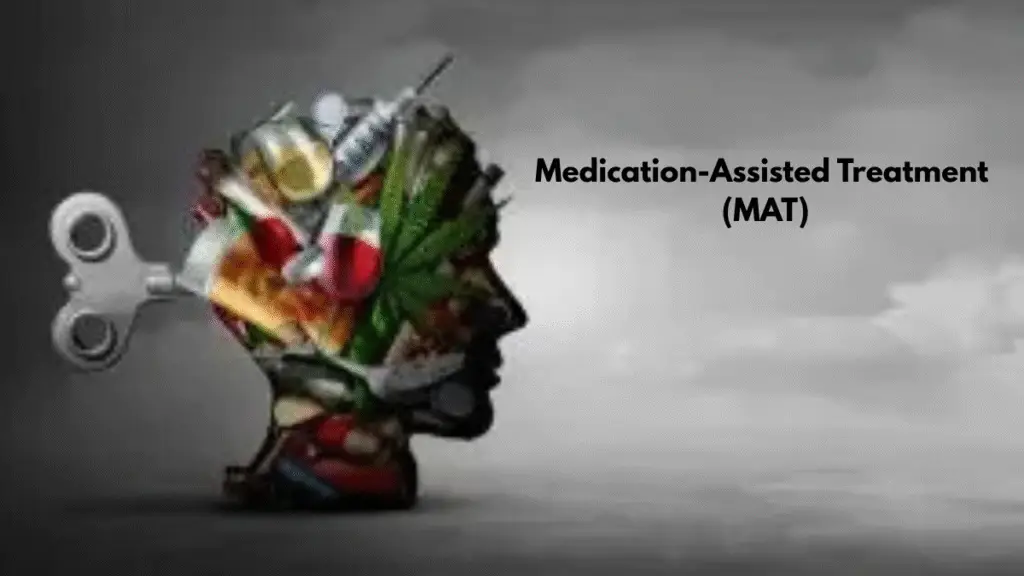
Is Medication-Assisted Treatment (MAT) Right for You? Understanding the Process and Benefits
Addiction is a chronic brain disease, and people affected by addiction can experience both emotional and behavioral changes. Though there are many ways of treating addiction, the effectiveness of those treatments varies based on the type that’s recommended. Medication-assisted treatment (MAT) is widely accepted as an effective way to manage addiction for some individuals. In this article, we’ll be discussing MAT in general and how it would work to treat certain types of addictions.

Calm Your Mind: The Role of Mindfulness and Meditation in Mental Wellness
Life is busy. Between work, family, and all the other things that come our way, it’s easy to feel like everything is moving too fast. Sometimes, the stress builds up before we even notice it. I’ve been there too. But over time, I learned that small changes—like practicing mindfulness and meditation—can make a huge difference in how we manage that stress and feel more in control.
These aren’t just trendy buzzwords. Mindfulness and meditation are simple, practical tools that anyone can use to feel better. You don’t need fancy gear or hours of spare time. A few minutes a day can do wonders. Let’s talk about how.
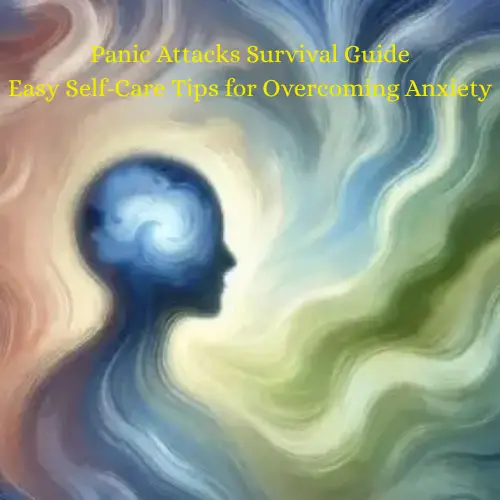
Panic Attack Survival Guide: Easy Self-Care Tips for Overcoming Anxiety
Have you ever been going about your day when, out of nowhere, your heart starts racing? Maybe you feel like you can’t catch your breath, or it feels like the walls are closing in. It’s scary, right? If you’ve had a moment like this, it might have been a panic attack. And guess what? You’re not alone. Panic attacks are way more common than you think, and they can happen to anyone.
The good news is, you can get through them. They’re uncomfortable, for sure, but with a little know-how, they don’t have to control your life.

The Power of Healthy Relationships: How Connection Boosts Mental Health
We all know relationships matter. But I don’t think we realize just how much they impact our mental health. Think about it. The people around us—whether it’s family, friends, or even our partners—can either make us feel at peace or leave us totally drained. I know, because I’ve felt both. That’s why having healthy relationships isn’t just nice to have. It’s essential for how we feel, day in and day out.
Let’s talk about why these relationships are so important for your mental health. And more importantly, how you can start building better ones. We’ll also get into how to handle it when a relationship starts to feel… well, toxic.
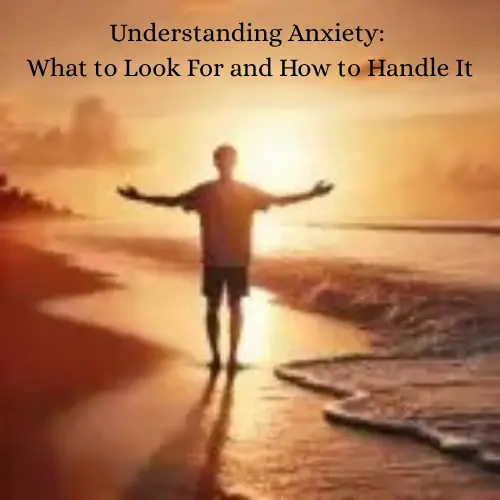
Understanding Anxiety: What to Look For and How to Handle It
Anxiety is something most of us experience at some point in life. Whether it’s feeling nervous before a big presentation or worrying about an upcoming

Identifying Eating Disorders and Taking Action
Eating disorders are often brushed under the rug or misunderstood. They affect millions of people, impacting their bodies and minds in ways many of us might not even notice at first. Whether it’s skipping meals, obsessing over calories, or extreme exercise, the warning signs aren’t always obvious, especially when it’s happening to someone close to you—or even yourself. But catching the signs early can make a huge difference. Let’s talk about what to look for, why it matters, and how to get help if you or someone you know might be struggling.
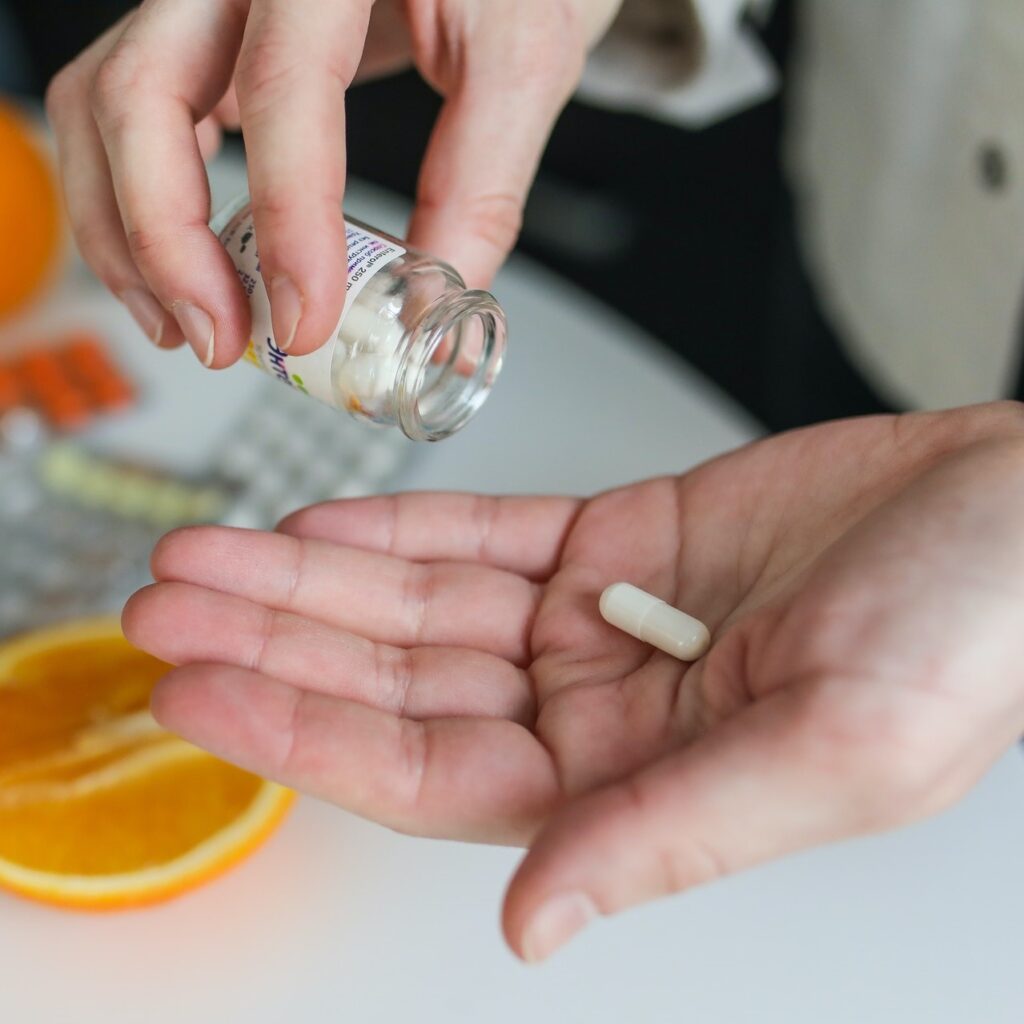
Pharmacogenomics: Personalizing Psychiatric Medications for Better Results
How pharmacogenomics testing can help in psychiatric medication management?
Pharmacogenomics testing is a relatively new field that is beginning to be used more and more in psychiatric medication management. This type of testing can help to identify which medications will work best for a particular patient, based on their genetic makeup. In this article, we’ll discuss the use of pharmacogenomics testing in psychiatric medication management and how it can benefit patients.
What is pharmacogenomics testing?
Pharmacogenomics testing is a type of genetic testing that can help to predict how a person will respond to certain psychiatric medications. This information can be used to tailor medication treatment plans for individual patients.

Mental Health Awareness: Simple Ways We Can Support Ourselves and Others
When we hear “first aid,” most of us think about a bandage, maybe some CPR, right? But mental health first aid? Now that’s something we don’t talk about nearly enough. And it’s probably just as important—if not more. You see, mental health touches every part of our lives. It affects how we think, feel, and interact with the world. Yet, so many of us either ignore it or don’t know what to do when things start to feel off.
So, let’s get real. Mental health awareness is on the rise, and that’s great. But how do we actually take care of ourselves or support the people around us? You don’t have to be a therapist to make a difference. Just knowing some basics—like how to spot when someone’s struggling or what small steps you can take—can be a real game-changer. Let’s dig into this together.

Understanding Depression: Symptoms, Causes & Treatment
Depression is a psychiatric illness that affects millions of people, but not everyone suffers from the same symptoms. This blog article will break down the different types of depression and treatment options available to help those who are struggling with their mental health.
What is Depression?
Depression is a mental illness that can be difficult to understand. It is more than just feeling sad or down for a period of time. Depression affects how you feel, think, and behave. It can lead to physical problems and make it hard to function in your everyday life.
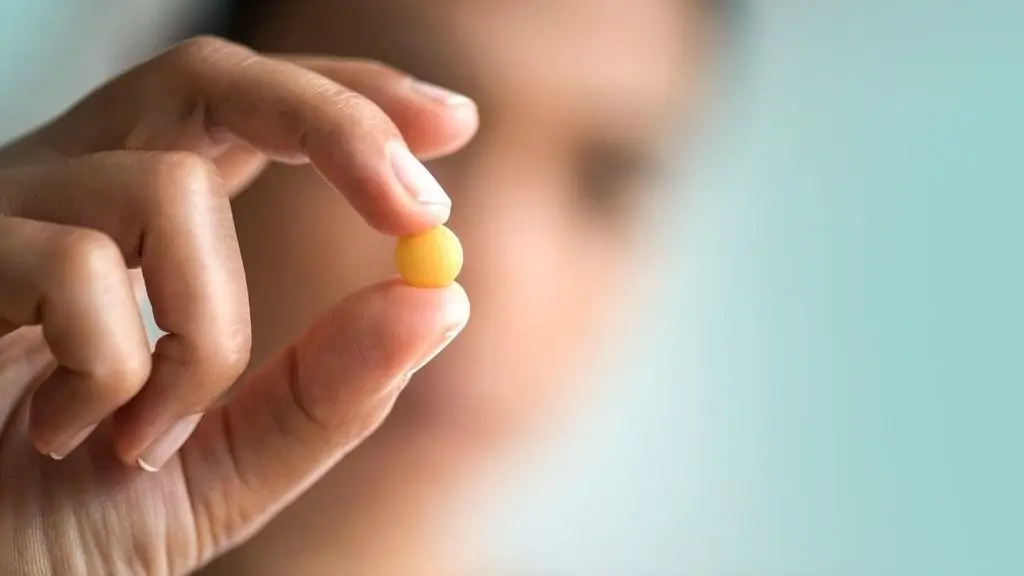
What to Expect with Naltrexone: Benefits, Uses, and Side Effects
Addiction is a complex disease that can have many different causes. But regardless of the root cause, addiction always involves changes in the brain. These changes can make it difficult for people to quit on their own, which is why medications like naltrexone can be so helpful. Naltrexone is a medication that helps to normalize brain chemistry and reduce cravings, making it an important tool in the fight against addiction.
What is Naltrexone?
Naltrexone is a medication that has been shown to be effective in treating addiction. It works by blocking the effects of drugs, such as opiates, on the brain. This can help to reduce cravings and prevent relapse. Naltrexone is available in both oral and injectable forms.

You’re Not Alone: How to Deal with Depression and Where to Find Help
Depression is more than just feeling sad or going through a rough patch—it’s a real mental health condition that affects millions of people worldwide, including
